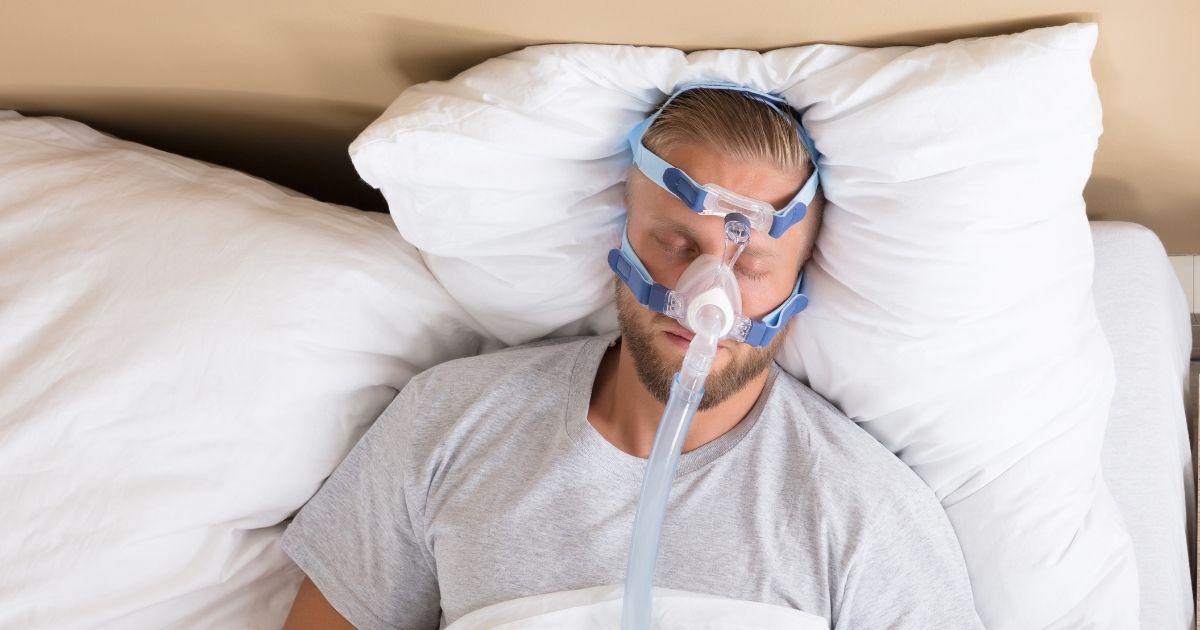Obstructive sleep apnea is a condition that makes it hard for sufferers to breathe at night. This kind of disrupted sleep results in low oxygen levels and constant fatigue and is associated with medical problems, such as high blood pressure, stroke, and heart attack. Sleep apnea is a serious disorder that can affect your quality of life. If you have any of the following symptoms, you may have sleep apnea and should see your doctor: What Causes Obstructive Sleep Apnea?[…] Read More
What Are the Symptoms of Obstructive Sleep Apnea?






